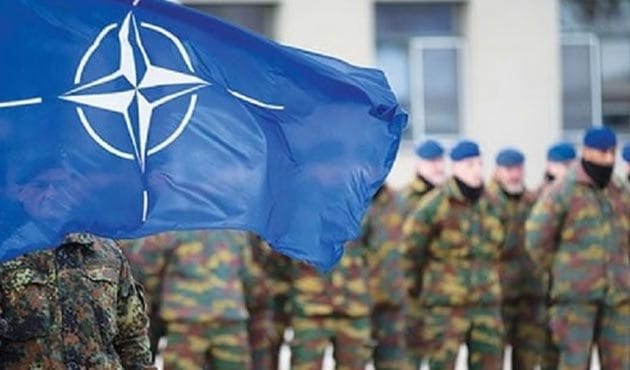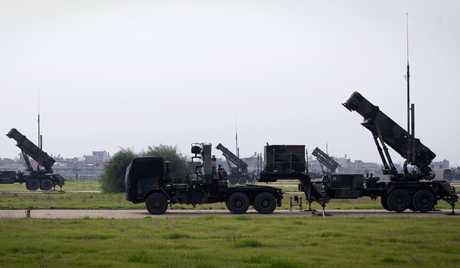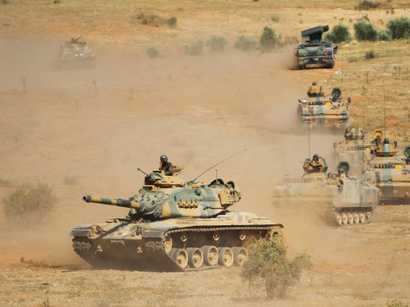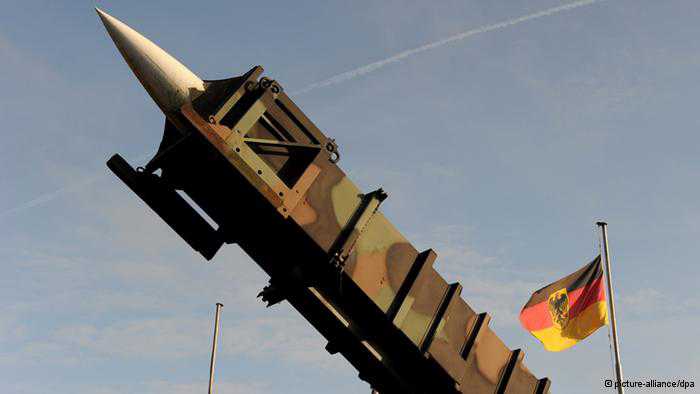STOCKHOLM
For Op-Ed, follow@nytopinion and to hear from the editorial page editor, Andrew Rosenthal, follow@andyrNYT.
AMERICA’S stated goal is to remove President Bashar al-Assad from power in Syria. The United States also insists that any solution to the Syrian crisis should guarantee religious and ethnic pluralism. However, this rosy vision of a moderate and secular Syria after Mr. Assad’s downfall will not be achieved if the United States continues to depend on regional allies that have little interest in such an outcome.
President Obama has relied heavily on Turkey in seeking to oust Mr. Assad and Secretary of State John Kerry is scheduled to visit the Turkish capital, Ankara, later this week. But Turkey is part of the problem. It is exacerbating Syria’s sectarian strife, rather than contributing to a peaceful and pluralistic solution.
While the Obama administration has encouraged a broad Syrian opposition coalition, in which the influence of Islamists would be circumscribed, Turkey has not been of any assistance whatsoever. Instead, the Turkish government has continued to throw its weight behind the Muslim Brotherhood. The Brotherhood dominated the Syrian National Council, which is headquartered in Istanbul, and has succeeded in eclipsing other groups within the new opposition coalition, effectively thwarting the American effort to empower non-Islamists.
Moreover, while sponsoring the Sunni cause in Syria, the Turkish government has made no attempt to show sympathy for the fears of the country’s Alawite, Christian and Kurdish minorities. The Alawites and the Christians have backed the government in large numbers and fear retribution if Mr. Assad is toppled.
Turkey has provided a crucial sanctuary for the Sunni rebels fighting Mr. Assad and has helped to arm and train them. Even more ominously, Turkey is turning a blind eye to the presence of jihadists on its territory, and has even used them to suppress the aspirations of Kurds in Syria. Last November, Islamist rebels from Jabhet al-Nusra, which has reputed links to Al Qaeda in Iraq, entered the Syrian town of Ras al-Ain from Turkey and attacked fighters from the Kurdish Democratic Union Party, known as the P.Y.D., which had wrested control of parts of northeastern Syria. The Nusra fighters were initially repelled, but have continued to cross into Syria from their safe haven in Turkey.
Mr. Obama has invested considerable political capital in Turkey, cultivating a close relationship with Prime Minister Recep Tayyip Erdogan. American and Turkish officials have held regular operational planning meetings since last summer, aimed at hastening the downfall of Mr. Assad. In a recent interview with the Turkish newspaper Milliyet, Mr. Obama thanked “the Turkish government for the leadership they have provided in the efforts to end the violence in Syria and start the political transition process.”
But this praise is undeserved. America can’t expect the Sunni Arab autocracies that have financed the Syrian uprising, like Saudi Arabia and Qatar, to help empower secular and moderate leaders in Syria. However, Turkey, a NATO ally, should be expected to promote a pluralistic, post-Assad Syria. It has not.
The Obama administration must therefore reassess the assumption that Turkey is playing a constructive role in ending the violence in Syria; it must also take a hard look at its own role in contributing to religious strife.
America’s policy of punitive sanctions and not-so-veiled military threats toward Iran has encouraged Turkey to assert itself as a Sunni power. The perception that Turkey enjoys American “cover” for a foreign policy that directly confronts Iranian interests emboldened the Turkish government to throw its weight behind the armed Sunni rebellion against Mr. Assad, Iran’s main regional ally.
Turkey quickly abandoned its stated ambition to have “zero problems with neighbors” and decided to join the United States in confronting Iran. It agreed to the deployment of parts of NATO’s antimissile shield, which is meant to neutralize a supposed Iranian missile threat.
Turkey’s shift flowed from the belief that it would gain power and stature and reap the benefits if America succeeded in rolling back Iran’s nuclear ambitions.
All of this suited the United States. Washington no longer had to fear that Turkey might be “drifting eastward,” as it did during the short-lived Turkish-Iranian rapprochement a few years ago, when Turkey broke ranks with its Western partners over the Iranian nuclear issue. Turkey also appeared to be an American asset insofar as it could potentially offset the influence of more conservative Sunni powers like Saudi Arabia.
But the Syrian crisis has had a radicalizing effect on all parties, including Turkey’s more moderate Islamist government. Under more peaceful circumstances, Mr. Erdogan might be able to live up to American expectations and promote a pluralistic vision for the Middle East. That won’t happen if the region is increasingly torn apart by violent religious conflict and its leaders believe that playing the sectarian card will enhance their power.
Removing Saddam Hussein from power in Iraq in 2003 had the undesirable consequence of empowering Iran. A decade later, America’s effort to remove Mr. Assad is partly an attempt to remedy this geopolitical setback. But, as in Iraq, it has had unwelcome consequences. Moreover, American policy toward Iran is encouraging opportunistic Sunni assertiveness that threatens to trigger Shiite retaliation.
The United States must beware of doing the bidding of Sunni powers — especially Turkey — that are advancing sectarian agendas that run counter to America’s interest of promoting pluralism and tolerance. Left unchecked, rising sectarianism could lead to a dangerous regional war.
<nyt_author_id>
Halil M. Karaveli is a senior fellow at the Central Asia-Caucasus Institute and the Silk Road Studies Program, which are affiliated with the School of Advanced International Studies at Johns Hopkins University, in Washington, and with the Institute for Security and Development Policy, in Stockholm.





